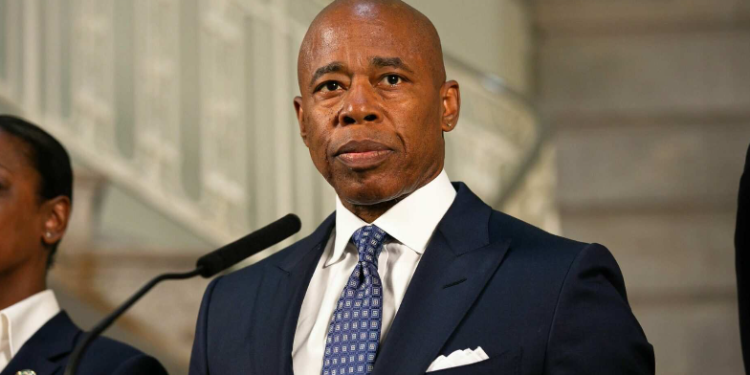New York City recently announced the end of its prepaid debit card program for undocumented immigrants housed in city shelters. This decision follows the election of President-elect Donald Trump, who has promised tougher immigration policies. Mayor Eric Adams, a Democrat, initially launched the program in March as a $53 million pilot initiative designed to help cover food and essential supplies for undocumented families residing in shelters.
The program provided weekly prepaid debit cards to families, including a family of four with young children, who could receive up to $350 weekly for basic needs such as food and baby supplies. By implementing this system, city officials aimed to offer a streamlined, direct assistance approach, which they claimed would be more cost-effective than other support options.
City officials asserted that the program would save an estimated $600,000 per month. The debit card approach allowed families to make independent purchases, reducing the logistical challenges and costs associated with the city’s standard food distribution model in shelters.
Mayor Adams’ decision to end the debit card program reflects a shift in the city’s immigration policy as Trump prepares to take office. The announcement also highlights the ongoing tensions between Adams and Texas Governor Greg Abbott, who has repeatedly criticized New York City’s handling of immigration issues. Although Abbott recently invited Mayor Adams to visit Texas to discuss these challenges firsthand, Adams declined the invitation.
As Trump’s administration takes shape, New York City and other regions may face new restrictions on programs supporting undocumented immigrants. This change raises questions about how cities will adapt their support systems for undocumented populations, particularly given the anticipated federal policies on immigration reform.

